5 Reasons Interview With The Vampire Is The Best Anne Rice Adaptation (& 5 Reasons Its Queen of The Damned)
Before Twilight and The Vampire Diaries brought vampires to the masses, there was the extremely popular Vampire Chronicles. Written by Anne Rice, this book series thrilled vampire fans of the late '70s and early '80s. Rice imbued her vampires with personalities as strong and unique as their names -- the fatherly Marius, the prophetess Maharet, the original emo boy Louis, the witch Tarquin, and the golden god and primary antihero of the series, Lestat.
The books were so popular that three of them were brought to the silver screen -- Interview With The Vampire, The Vampire Lestat, and The Queen Of The Damned. Interview With The Vampire came first and is widely considered to be the better adaptation. However, there are many fans who enjoy Queen Of The Damned more.
10 Interview With The Vampire: Closer To The Book
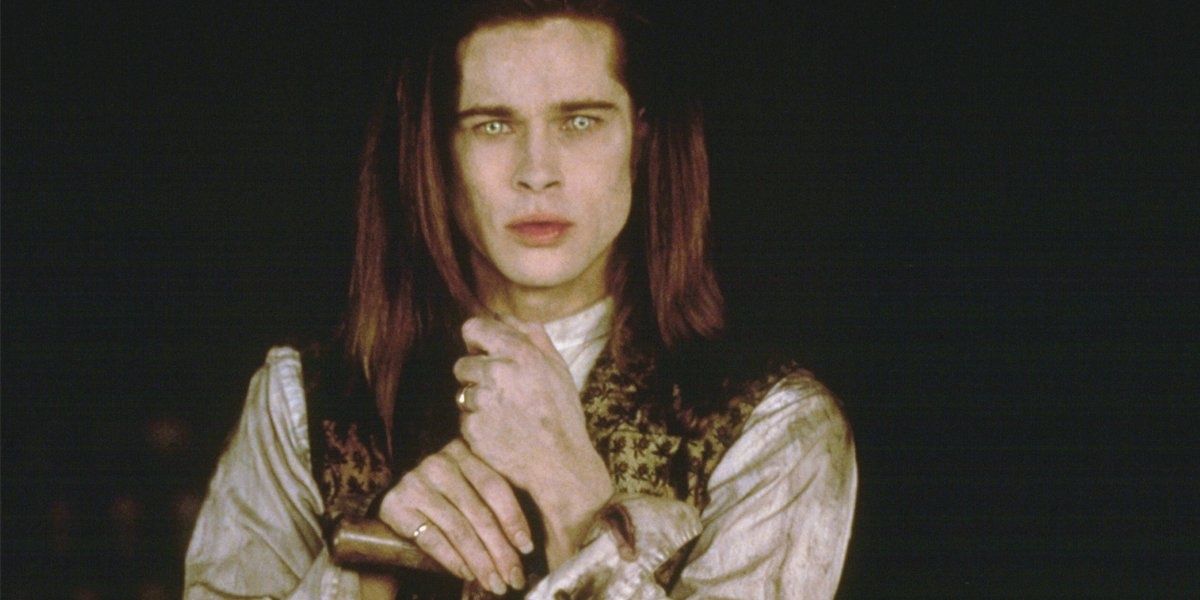
One of the main points of contention fans often have with movie adaptations is that the film deviates a lot from the source material. With Interview With The Vampire, the film stayed close to the events of the book, likely because Rice wrote the script herself.
There are only a few changes. In the book, Daniel isn't bitten by Lestat after his interview with Louis, and Louis's depression is due to his brother's death and not his wife and child's. However, the film recreates several key scenes with great detail.
9 Queen Of The Damned: Better Soundtrack
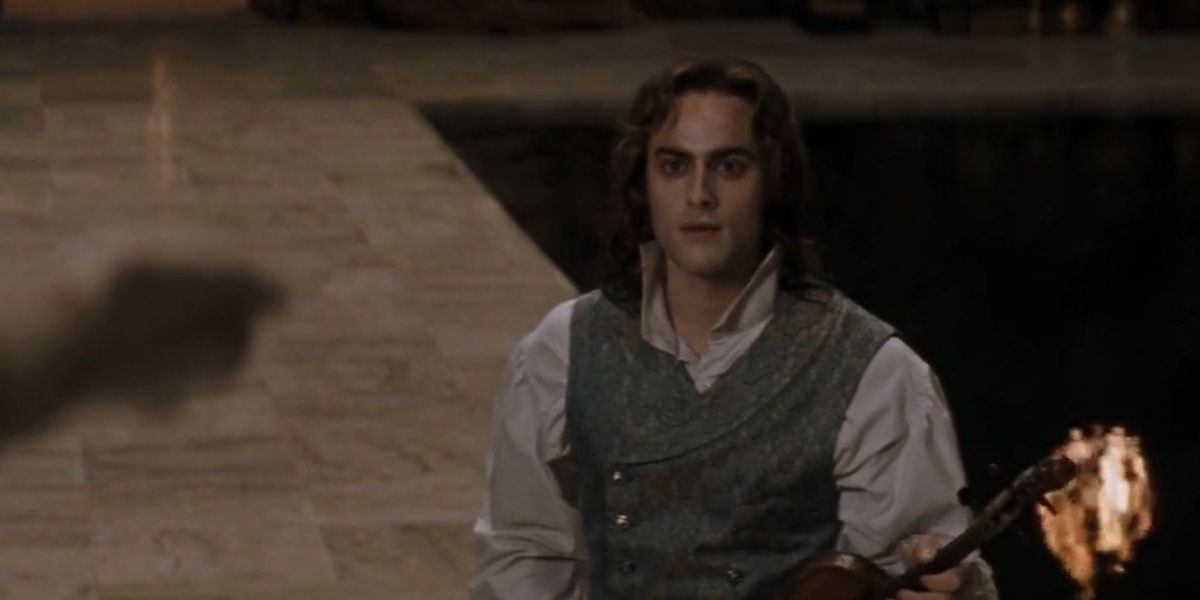
The film, which combined some of the events of The Vampire Lestat and The Queen Of The Damned, featured Lestat making his rock star debut. Because of this, the film had to have a killer soundtrack -- and it delivered. The film features original songs written and sung by Jonathan Davis of Korn.
The songs Davis sang in the film are covered by the likes of Marilyn Manson and Chester Bennington. It also features a whole host of nu-metal songs by some of the most popular bands of the early aughts including Disturbed, the Deftones, and Papa Roach.
8 Interview With The Vampire: Claudia
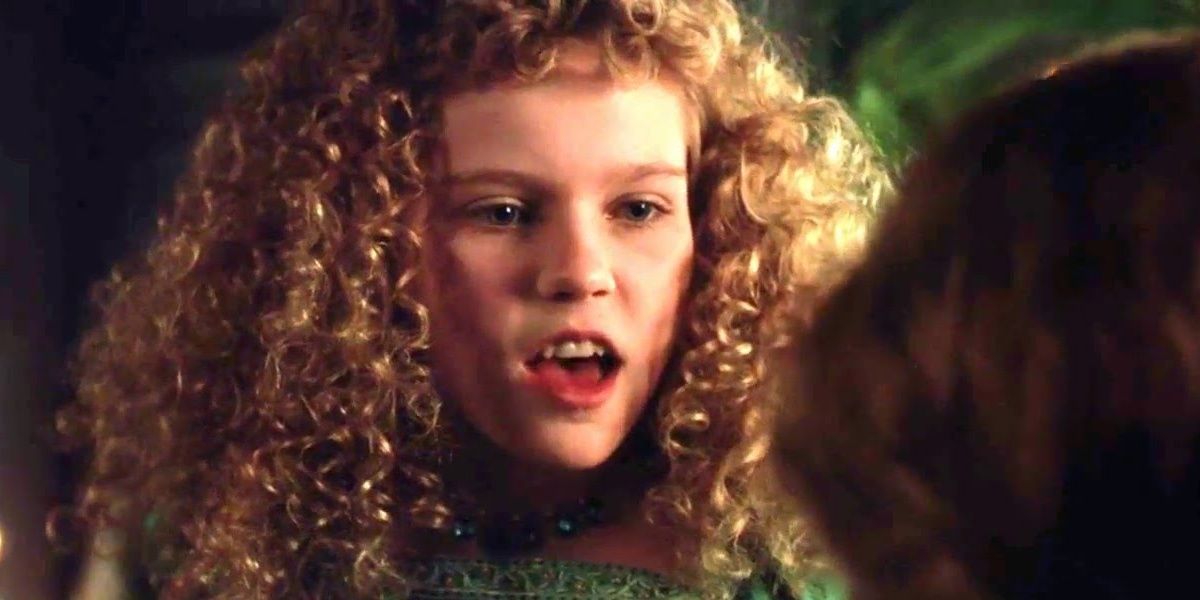
One of the most mesmerizing aspects of the film is the little girl turned vampire, Claudia. Played impeccably by Kirsten Dunst, Claudia's story is a cautionary tale against turning children into vampires. The scene where Louis explains to Claudia that she will never grow old and why is especially heart-wrenching.
Watching her rebel against her makers added tension and made audiences wonder whose side to choose. Dunst brought a world-weariness and manic energy to Claudia that stood out against performances by Tom Cruise, Brad Pitt, and Antonio Banderas, three of the world's most famous actors at the time.
7 Queen Of The Damned: A Quintessentially Millennial Film
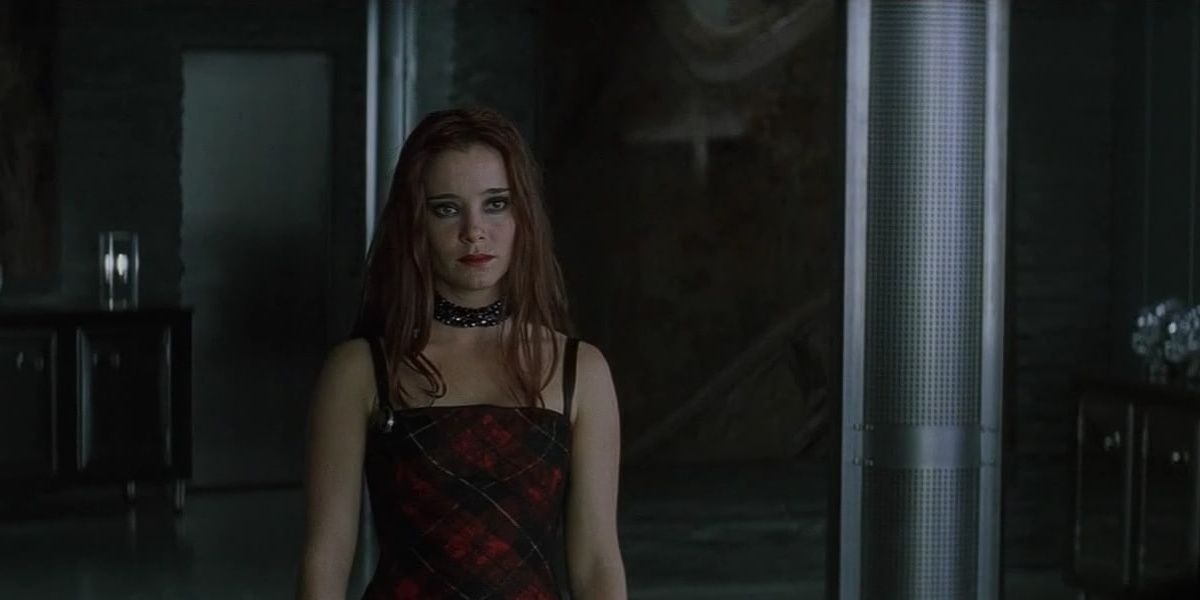
The film came out in 2002, and it became one of the best representations of an era stuck between the apathy of the '90s and the impending crises of the 2000s. Everything from the nu-metal soundtrack to the leather pants to the Los Angeles skyline featuring a Tower Records sign, the film is a throwback to a different time.
Even the vampire lore, when vampires hung out mostly with other vampires and didn't have a vast network of human friends feels foreign.
6 Interview With The Vampire: Vampire Rules
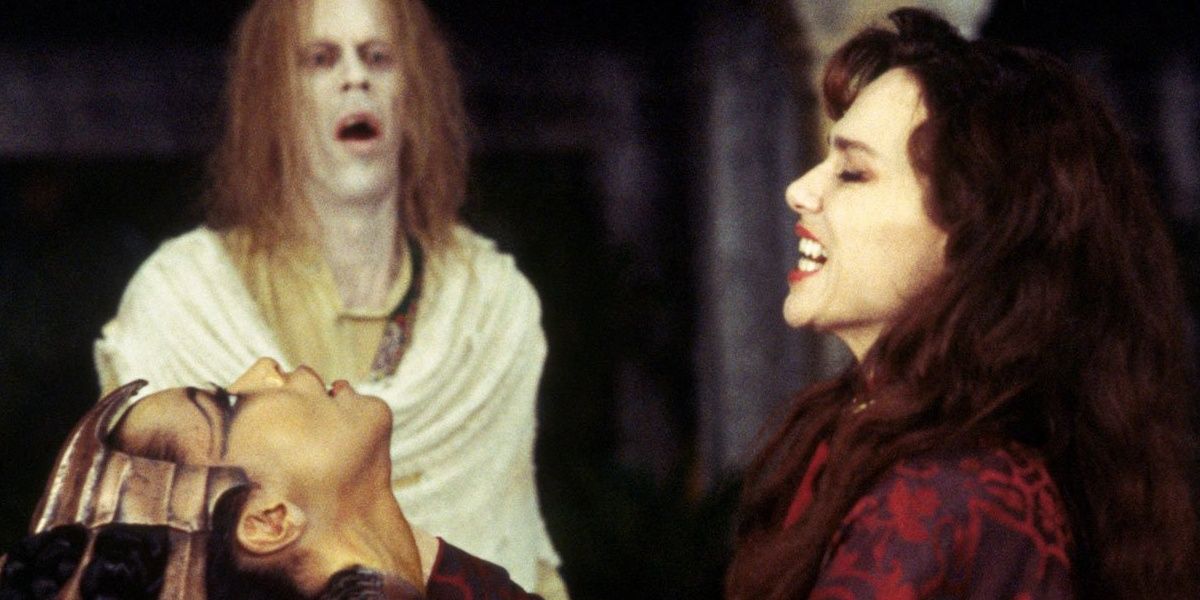
Both films include scenes in which a character is turned into a vampire and are then taught the ways of their new nature. However, Interview With The Vampire does a better job of explaining the vampire rules, laws, and what happens if they are broken.
In the film, Louis and Claudia are punished for their attempt to kill Lestat since this goes against the vampire way. Though Louis is saved from a lifetime of being trapped behind a brick wall, Claudia is burned to death.
5 Queen Of The Damned: Shows Lestat's Backstory
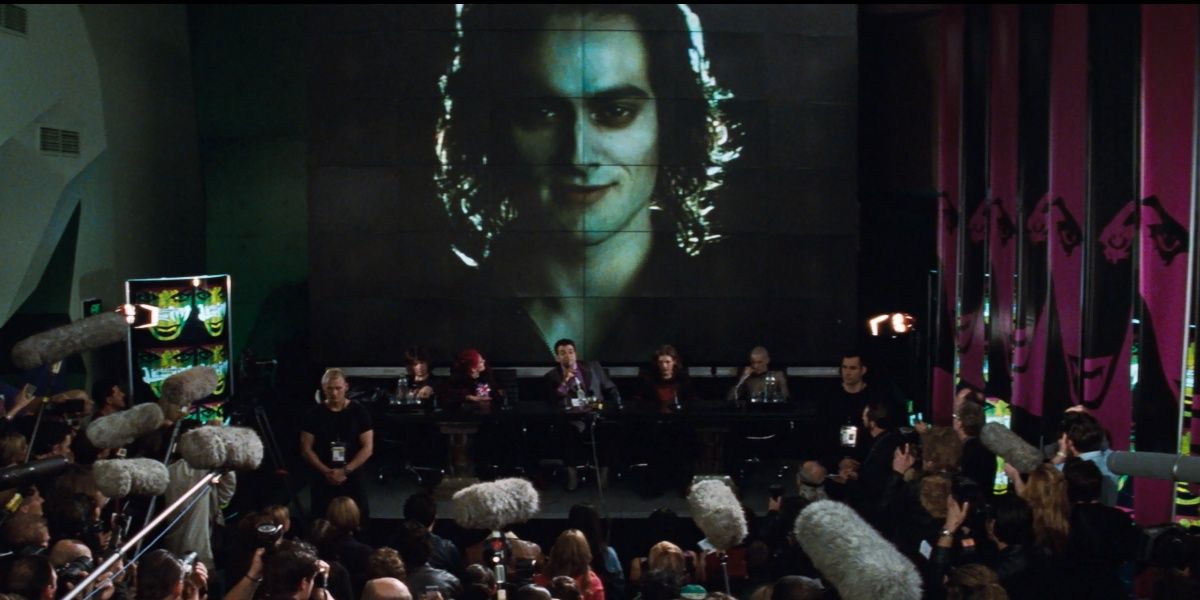
Interview With The Vampire is Louis's story, so the audience only learns about Lestat through his tale. In Queen Of The Damned, audiences learn more about the backstory of The Vampire Chronicles' constant antihero, Lestat. In the film, viewers learn that Lestat was turned by a vampire named Marius, how he came to be connected to Akasha, and how he began his journey as a rockstar.
Though the events of the film deviate largely from the book, the movies still adds the backstory of one of the century's most popular vampires.
4 Interview With The Vampire: Dialogue
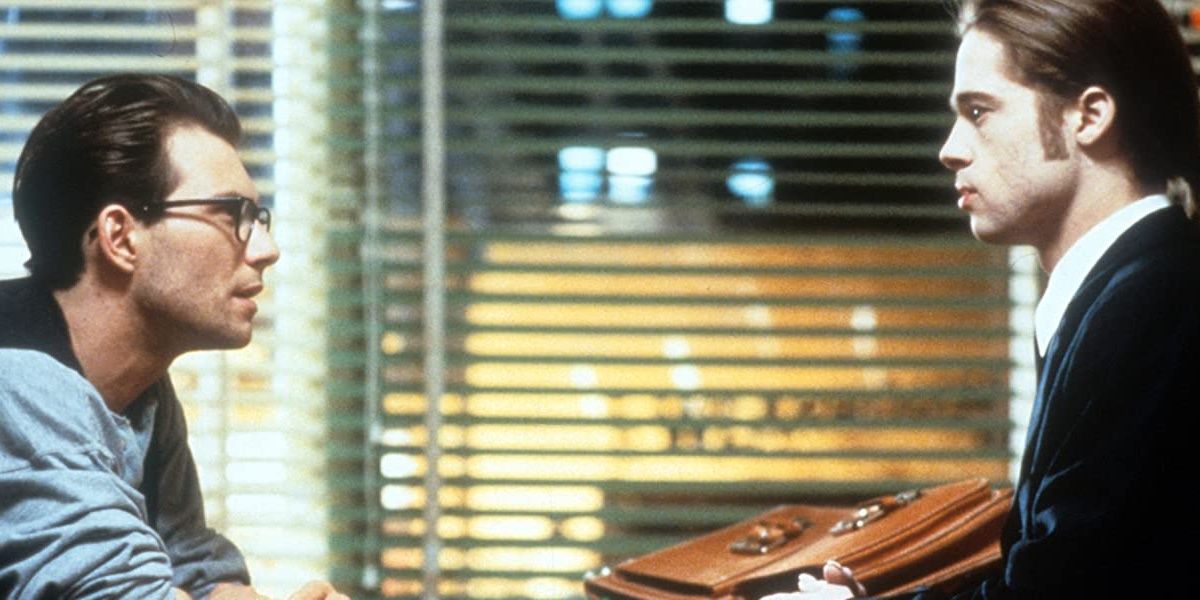
The film is beautifully shot and written, but the dialogue is what really shines. Especially the scenes between Louis and Daniel, the journalist interviewing the vampire. The scenes serve to provide exposition and Daniel acts as stand-ins for the audience as they learn more about the vampire world.
Additionally, each of the characters has iconic scenes in the film punctuated by excellent dialogue, like when Lestat toys with the women in the brothel or when Claudia poisons Lestat with laudanum.
3 Queen Of The Damned: Special Effects
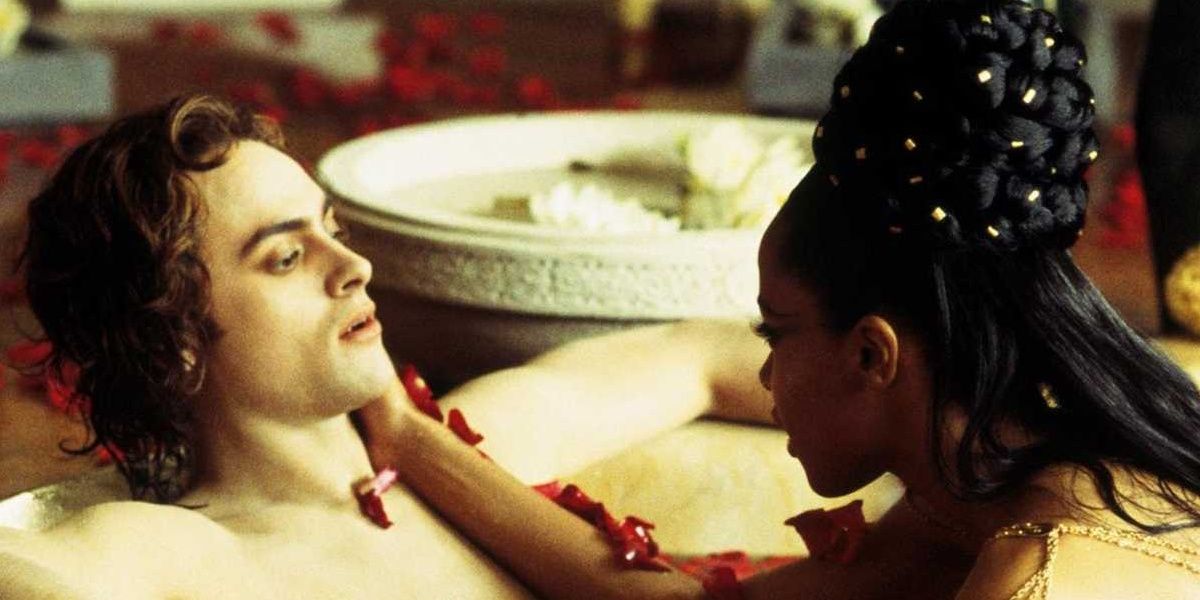
One of the things Queen Of The Damned does well is the special effects. This is evident in several scenes like when Akasha attacks and burns down the club when the vampires attack Lestat at the concert, and when Akasha turns to dust at the end. The effects do a great job of making the vampires seem strong and powerful.
Additionally, the use of lighting and cinematography enhances the feeling of the vampires being otherworldly, especially in the scenes at the club.
2 Interview With The Vampire: Lestat and Louis' Relationship
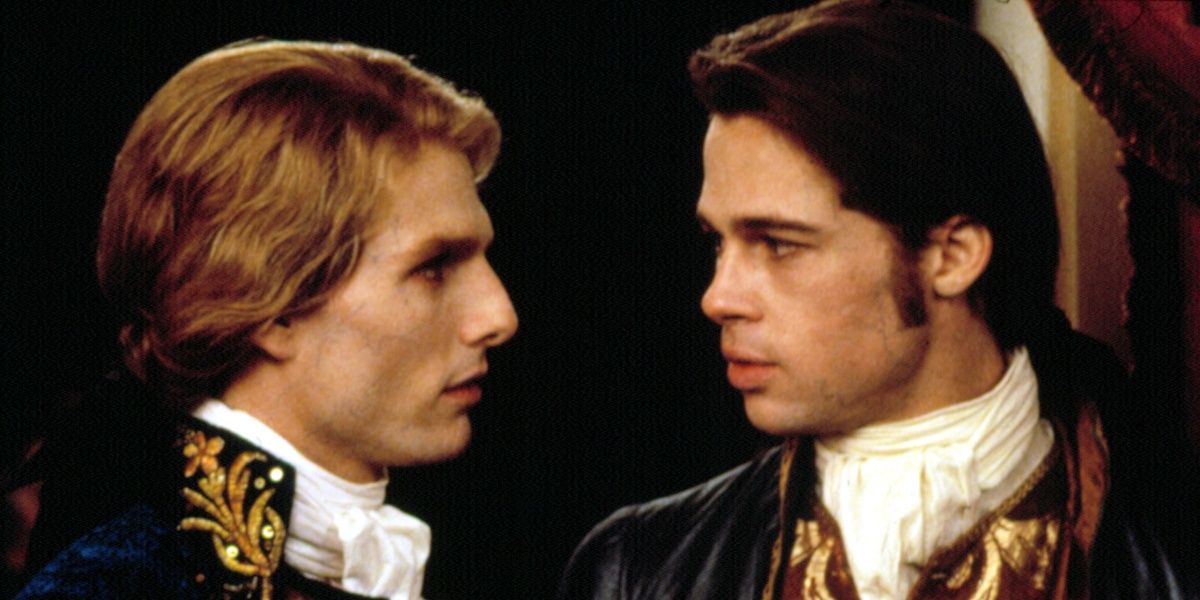
Lestat and Louis have a complicated relationship both in the film and in the book. Lestat is Louis' maker, which means they will always be connected. But the tension between them as Louis is horrified by Lestat's love for killing and Lestat's disdain over Louis deciding to feed on animals is the big part of what makes the movie enjoyable.
Things escalate once Claudia is added to the mix, and when Lestat and Louis reunite after years of estrangement. Cruise and Pitt, who plays Lestat and Louis respectively, do a great job of portraying this partnership.
1 Queen Of The Damned: Akasha
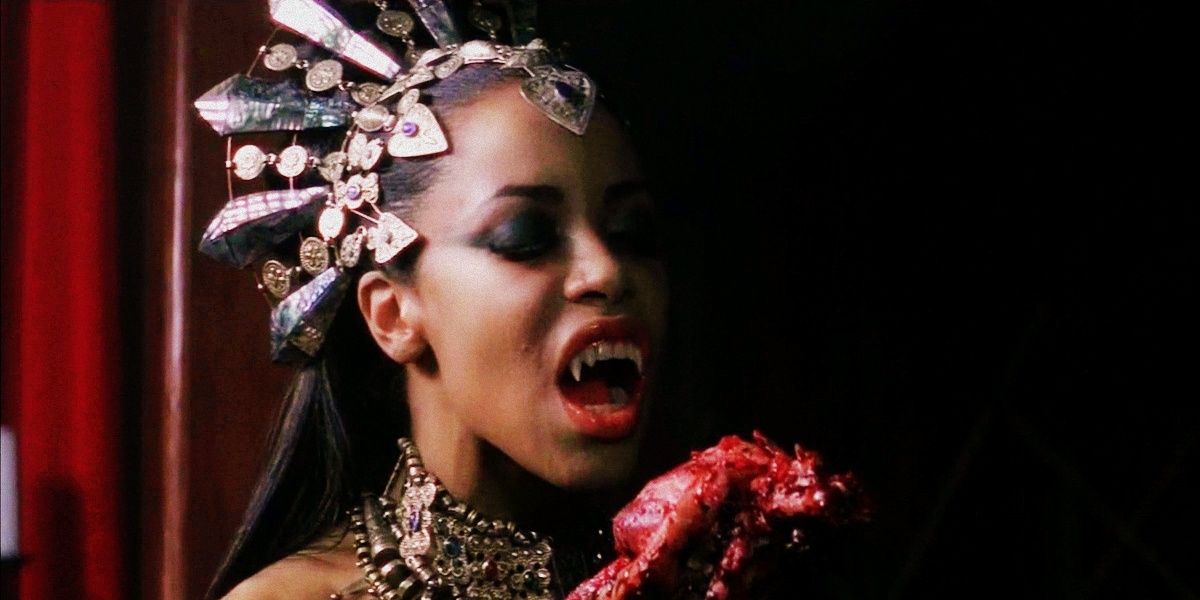
Played by singer Aaliyah, Akasha is the first vampire in Rice's universe. A former queen of a pre-Egyptian land called Kemet, Akasha had a bloodthirsty spirit called Amel set upon her. As she lay dying, the spirit combined itself with Akasha's soul, and a vampire was created. Aaliyah plays Akasha well -- her rage and sensuality practically bleed off the screen.
She takes the mantle of Akasha and makes her agenda of killing all humans and destroying her enemies seem enticing. Sadly Aaliyah passed away before any post-production things could be finished, leaving audiences to wonder whether the film could have included more of Akasha's story.
from ScreenRant - Feed https://ift.tt/2zOERVk





No comments: